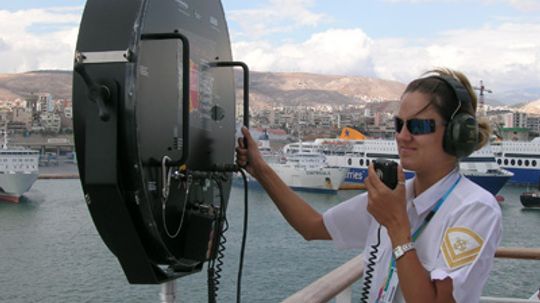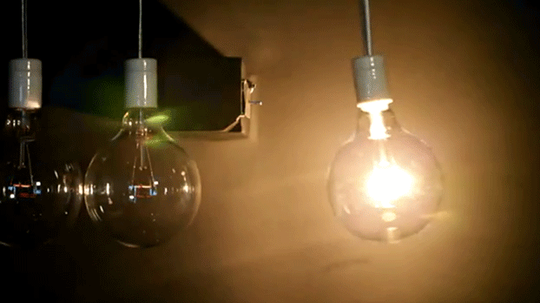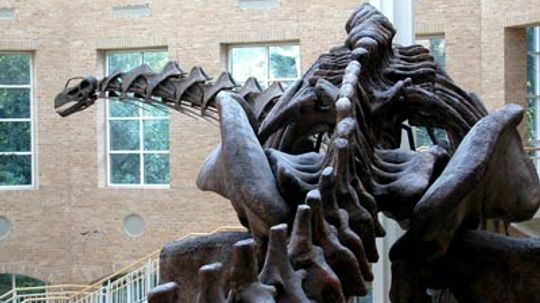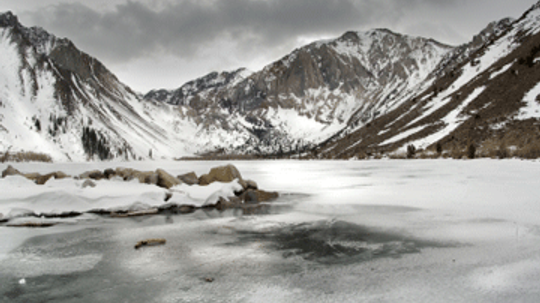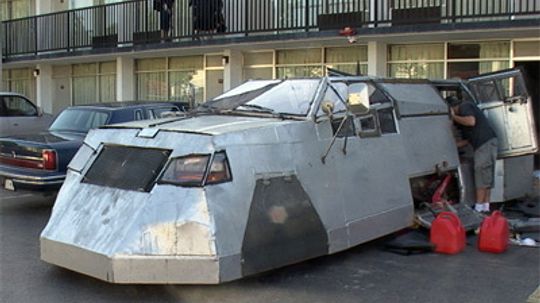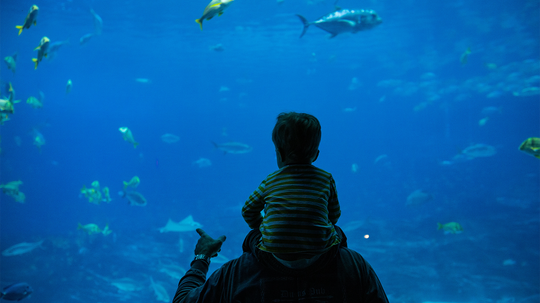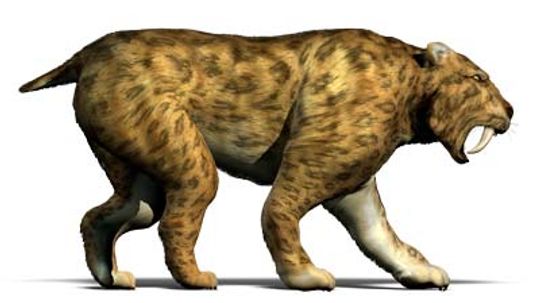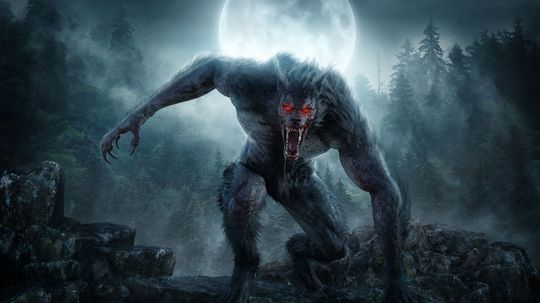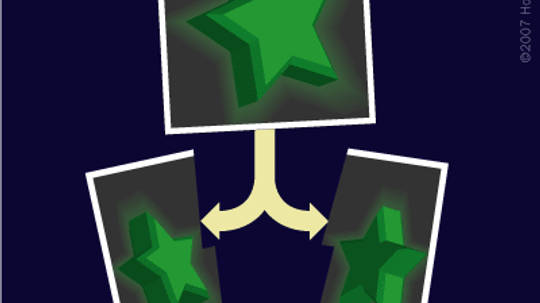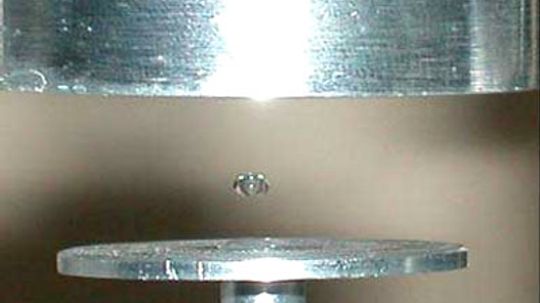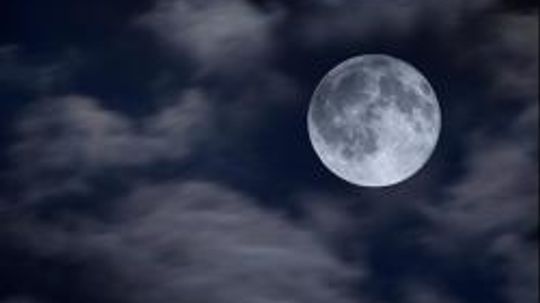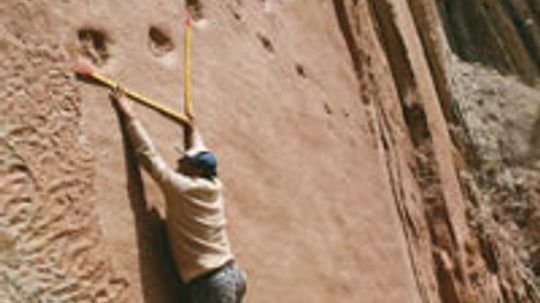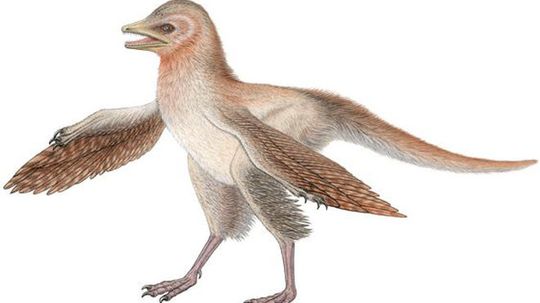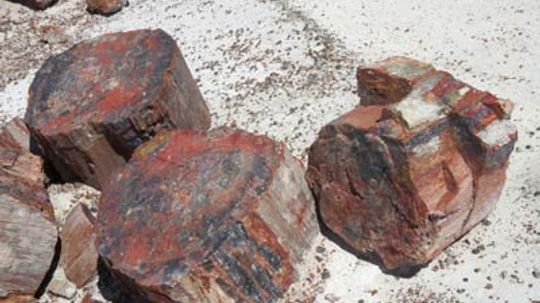Tracy V. Wilson has loved stories and science for as long as she can remember. She joined HowStuffWorks as a staff writer in 2005, and she spent her first few years at the site destroying gadgets and mining patents, papers and interviews for the sake of figuring out what makes things tick. In 2007, she took on the role of hiring and training HowStuffWorks' new writers and editors, and she became site director in 2010. She co-hosted the PopStuff pop culture podcast with Holly Frey. No longer actively involved with the site, the pair now co-hosts Stuff You Missed in History Class. Tracy spends her downtime much like she spends her time at work: reading, writing, tinkering and brooking only the most delightful nonsense.
Recent Contributions
What makes sound a weapon? Review the basics of sound and discover exactly how the LRAD produces its "beam of sound." We'll also explore LRAD's hailing and warning abilities and other uses for sound.
Spotting a genius is pretty easy -- without a doubt, Einstein, Newton and Mozart all qualify. But exactly what makes a person a genius is harder to puzzle out.
Most people associate phishing with e-mail messages imitating banks or other businesses in an attempt to scam victims into revealing personal information. But e-mail messages are only one small piece of a phishing scam.
Advertisement
Most PCs use simple electrical fans to keep them cool. But upgrading to a liquid-cooling system can keep high-end gaming PCs running faster for longer.
We all know the cartoons of prehistoric people running from dinosaurs aren't realistic. But many animals living today have ancestors from that time.
Sometimes dinosaur fossils are too large and heavy to display without damaging them. How are those enormous models built? And what makes them look so realistic?
When people talk about "the Ice Age," they generally mean the most recent one, but Earth has experienced them off and on for the last 600 million years. Are we on the brink of a new ice age?
Advertisement
Tornado chasers generally stay about a mile away from the tornado itself -- but not IMAX cinematographer Sean Casey. He has built a Tornado Intercept Vehicle and hopes to withstand a direct hit. Check it out.
The Georgia Aquarium is the world's largest aquarium. How did they build habitats for all the animals, and what does it take to keep them fed and healthy? Find out about the aquarium and learn about the animals that call it home.
HDMI is more than a port on the back of a TV (and the often expensive cable that fits inside). It's a set of rules for allowing high-definition electronic devices to communicate.
As an invention, Cold Heat seems to have everything. But reviewers -- both professionals and average users -- either love the tool or hate it, and some people question whether it's really "new" at all.
Advertisement
According to most pet psychics, you communicate with your pets telepathically all the time, without even knowing it. Learn about the controversies associated with animal communication.
PCI slots are an integral part of a computer's architecture, but they have some shortcomings. Fortunately, PCI Express (known as PCIe) provides more bandwidth and is compatible with existing operating systems. Find out how PCIe works!
With the help of Q, James Bond can breeze through a security system that requires the villain's irises, voice and handprint. Biometrics isn't just for the movies. Real-life businesses and governments are using it. Check it out.
Saber-tooth cats have long been likened to tigers, but they aren't tigers at all. While they share some physical traits and hunting practices with tigers, saber-tooth cats are also quite different.
Advertisement
Are dinosaurs real? Most people don't have to travel too far to answer that question in the affirmative with some kind of exhibit displaying dinosaur fossils. Or simply look at any bird you can see outside your home.
You probably know that the North Pole does not stay in the same spot. The North and South Poles can actually change positions. What causes this? Find out in this article.
Werewolves got their start long before Hollywood ever sank its teeth into the hairy legend. Learn about the folklore and cinematic history at HowStuffWorks.
If you want to see a hologram, you don't have to look much farther than your wallet. But the most impressive holograms are large scale and illuminated with lasers or displayed in a darkened room with carefully directed lighting. Learn how a hologram, light and your brain work together make clear, 3-D images.
Advertisement
The idea that something so intangible as acoustic levitation can lift objects may seem unbelievable, but it's a real phenomenon.
We know it's not made of green cheese, but what are the origins of the moon? Learn astronomers' theories about where the moon came from.
The story told in "We Are Marshall" sounds a little like the invention of a screenwriter, but the airplane crash that took the lives of college football players really took place. Learn the real story behind the film "We Are Marshall."
It's not a trick; before you are a number of reptilian footprints in the rock. They're dinosaur tracks, preserved for thousands of years. But how did they possibly get there?
Advertisement
Some people believe that dinosaurs were relatives of today's birds. But, you might ask, if that's so, why didn't they have feathers? Funny you should ask.
Everyone knows that once a bone has fossilized, it's hard as a rock, right? So how did scientists find soft tissue inside a broken dinosaur bone?

